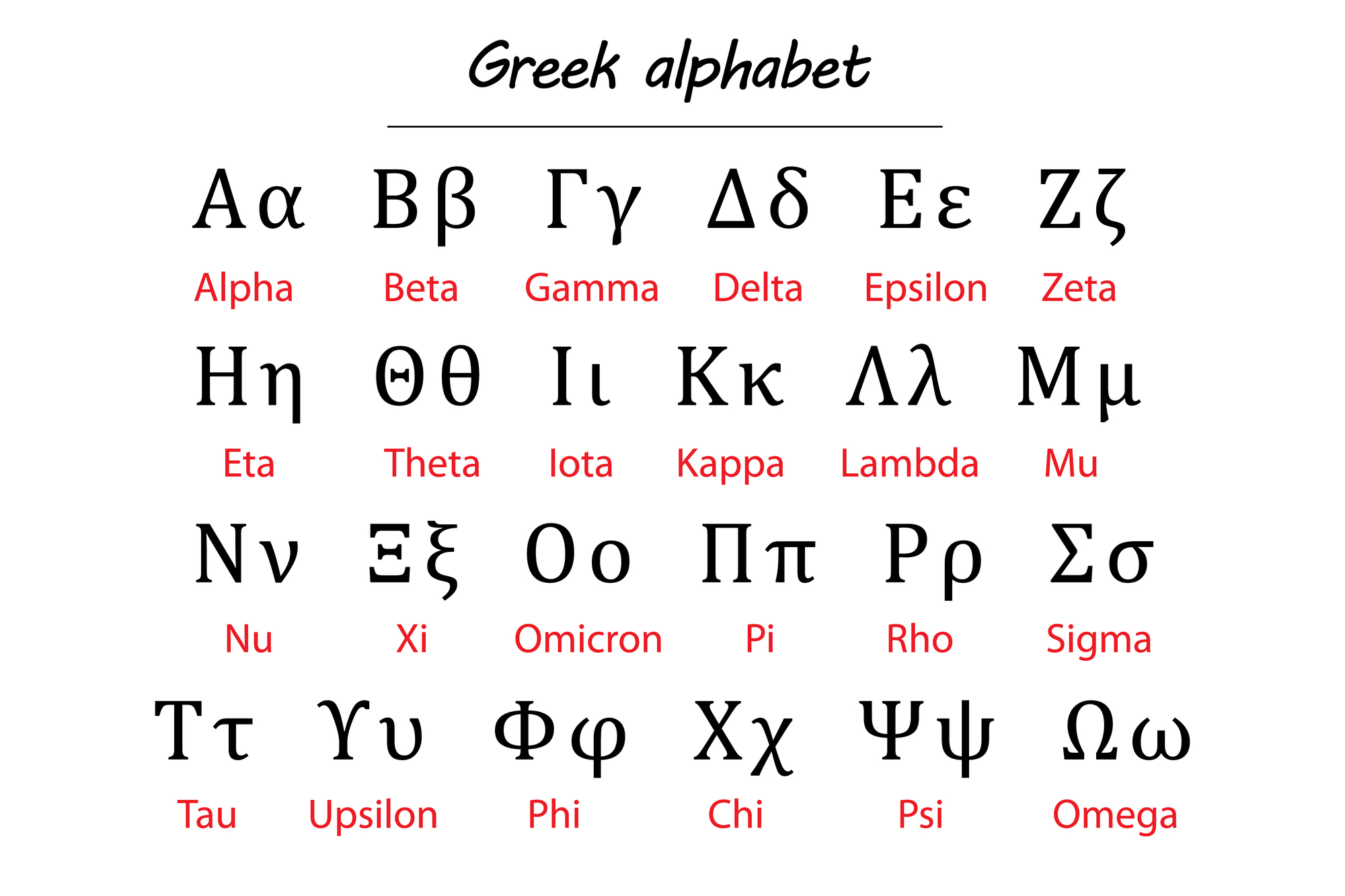If you live in Cyprus and are taking the first step in learning you will find Greek is useful in the written word, but not so much in a shop or on the street.
English being a second language in Cyprus, you still have a backup until you get the hang of it.
Once in a classroom or in front of a computer for an online lesson, a foreigner learning Greek may be baffled by the number of vowels – there are two ‘e’s, two ‘o’s and a staggering five ‘i’s.
Why are there so many flipping vowels?
It may be tempting to just use the simple form of ‘e’, ‘o’ and ‘i’, however you will be missing out.
‘E’ is also written as ‘αι’ in Greek, ‘o’ as ‘ω’ and ‘ι’ as ‘η’, ‘υ’, ‘ει’ and ‘οι’.
Things are admittedly easier now for learning Greek. Until about 44 years ago, apart from the ‘oxeia’ which is an acute accent placed on the vowel stressed, one also had to remember the ‘perispomeni’ or circumflex ‘~’, which indicated a longer pronunciation of the vowel.
There were also ‘daseia’ and ‘psili’ diacritics, with rough breathing (῾) indicating the presence of an ‘h’ sound before a letter and the smooth breathing (᾿) the absence of this sound.
All these made up the polytonic writing system of the Greek language and were abolished in November 1981 and the monotonic orthography was imposed by law in 1982, leaving only the acute accent ‘oxeia’. The grave accent was abolished earlier.
To see these marks in action, they are: acute (τόν), grave (τὸ), circumflex (τῶν), rough breathing (ἁ) and smooth breathing (ἀ).
Diacritics existed as part of ancient Greek phonology.
Without getting into too much detail, the vowels were pronounced differently depending on their spelling and the marks they bore.
So, ‘ε’ and ‘o’ would be short and ‘αι’ and ‘ω’ longer, while the ‘ι’ was acute, ‘η’ longer and deeper, ‘υ’ smoother, ‘ει’ pronounced through the teeth and ‘οι’ more rounded.
Applied in a sentence, Greek was a very musical language. Ancient Greek dramas still follow the rules, but you don’t need to go that far. Passing outside a church on Sunday and listening to Greek Orthodox liturgy, which is usually in Byzantine Greek, will give you a taste of the ebbing and flowing sounds, the shrill and guttural, the theatrical and highly expressive nature of the Greek language.






Click here to change your cookie preferences